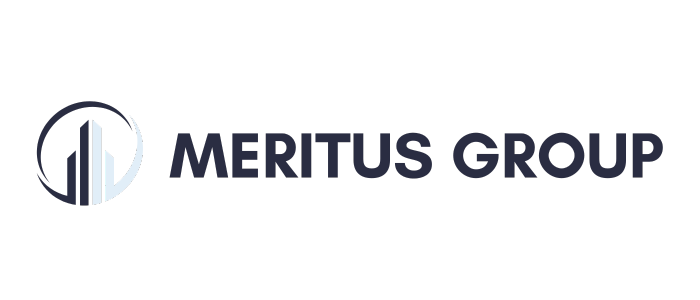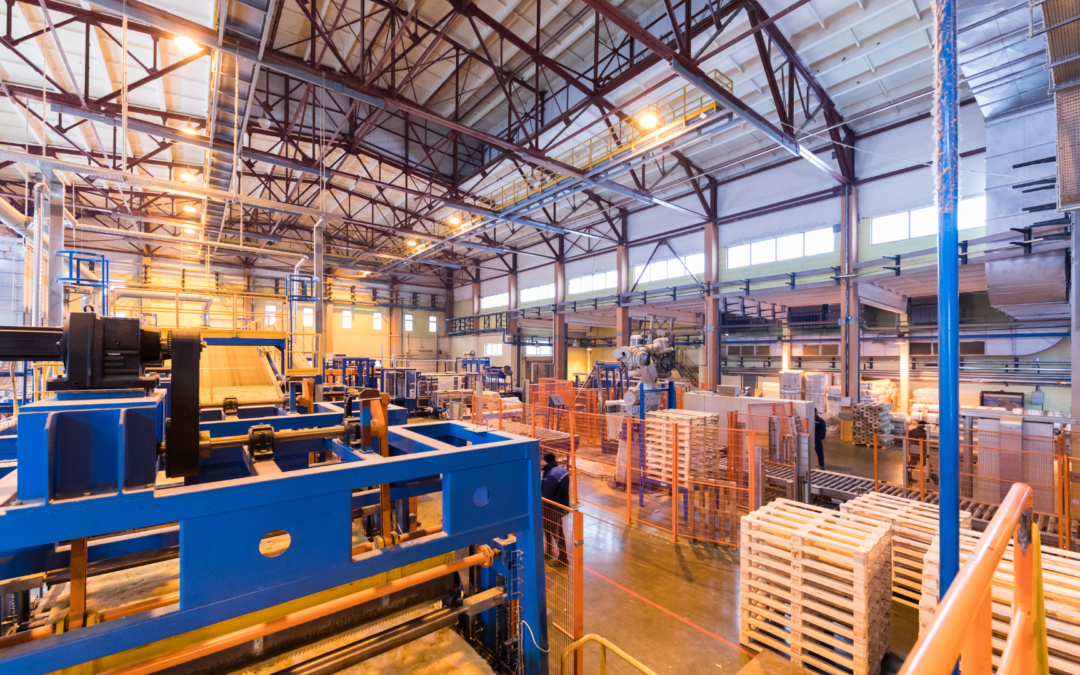In the fast-paced world of industrial growth and economic evolution, manufacturing businesses are increasingly catching the eye of strategic buyers and private equity firms. If you own a machinery shop, fabrication facility, or OEM manufacturing operation generating over $1M in annual revenue, you might be sitting on a highly valuable asset.
But how do you know if your manufacturing business is actually “sell-ready”? Whether you’re thinking about retiring, pivoting to a new venture, or simply testing the waters, identifying the right time to sell is critical to maximizing your return.
Let’s explore seven key indicators that suggest your business may be ready to attract serious buyers, and how to prepare for a successful and lucrative exit.
Consistent Revenue Over $1M
First, consistent revenue is one of the most important factors buyers evaluate. If your business has been generating $1M or more in gross revenue over the past few years, you’re in a significantly stronger position than most businesses that go to market. Steady revenue not only indicates demand for your product but also showcases operational reliability. It suggests your systems are working, your client relationships are strong, and your business can withstand market fluctuations. To attract top-tier buyers, be ready to present detailed profit and loss statements, historical year-over-year growth, and evidence of profitability like EBITDA trends.
Scalable Systems and Infrastructure
Next, scalability is essential. Buyers want to know they can build on the foundation you’ve laid. That means your processes, systems, and tools must be replicable without being overly dependent on you. Businesses with documented standard operating procedures, established ERP systems, or automated quoting tools often get stronger offers because they are easier to transition and scale. If a buyer can step in and grow the business without reinventing the wheel, they see opportunity instead of risk.
Long-Term Clients and Recurring Contracts
Another powerful driver of value is having long-term client relationships or recurring contracts. Whether it’s a government contract, a supplier agreement with a national brand, or a multi-year service deal with an OEM, these commitments reduce risk for buyers and often secure immediate cash flow after acquisition. This is especially common in industries like aerospace components, automotive parts, and custom metal fabrication. Even if your contracts aren’t long-term, showing a loyal client base and predictable reorders can dramatically strengthen your position.
Niche Capabilities and Industry Certifications
Specialization is also a hidden asset many manufacturers underestimate. If your business offers niche capabilities, works in highly regulated industries, or utilizes proprietary tooling or certifications, your value rises. This could include being AS9100 certified, offering medical-grade injection molding, or producing custom assemblies for defense contractors. Buyers are willing to pay a premium for expertise that isn’t easily replicated, especially when it comes with high barriers to entry.
Clean, Organized Facilities and Updated Equipment
Physical assets also tell a story. A buyer will always conduct a site visit, and what they see can impact their perception of your entire operation. Businesses that are clean, organized, and well-maintained tend to inspire confidence. If your equipment is up-to-date and your facilities show signs of care, buyers assume you’ve run your operation responsibly. Documented maintenance logs, energy-efficient upgrades, and clear production flow can help seal the deal.
Skilled Team and Middle Management in Place
Having the right team in place is equally important. If your staff includes skilled operators, supervisors, or engineers who can keep production running, it signals to a buyer that the business won’t fall apart without you. A strong middle management layer increases transferability and gives buyers confidence that they won’t be inheriting operational chaos. In many deals, sellers retain key staff with short-term incentives or retention bonuses to smooth the transition.
Clean Financials and Clear Documentation
Transparency is non-negotiable. Buyers will want to dig into your books, contracts, equipment lists, and even your lease agreements. If your records are organized and your legal and financial documentation is up to date, it positions you as a trustworthy seller and helps deals close faster. At minimum, you should be able to present three years of tax returns, current financial statements, asset depreciation schedules, and any legal documents tied to ownership or intellectual property.
Where the M&A Market is Heading
In addition to these core fundamentals, it’s important to understand market trends. Right now, buyers are aggressively pursuing manufacturers in automation, medical devices, defense contracting, and food packaging. These sectors are experiencing high demand, and businesses operating in these verticals can often command premium valuations. If you’re in one of these categories and have the foundational elements we discussed, your timing could be ideal.
If you recognize your business in any of these signs, it may be time to start thinking seriously about a strategic exit. Even if you aren’t ready to sell tomorrow, the best exits are always the result of intentional preparation. The earlier you start planning, the more leverage and clarity you’ll have when the time is right.
At Meritus Group, we specialize in helping manufacturing business owners navigate the complex and competitive process of selling their business. Our team offers a confidential, no-obligation opinion of value to help you understand where you stand and what your business could be worth in today’s market. We’re not here to push you toward a quick sale — we’re here to help you build a smart, successful exit strategy on your terms.
Schedule your consultation today. Let’s talk about your next move.
✉️ info@meritus.group
📞 (605) 252-9520
🔗 https://meritus.group

